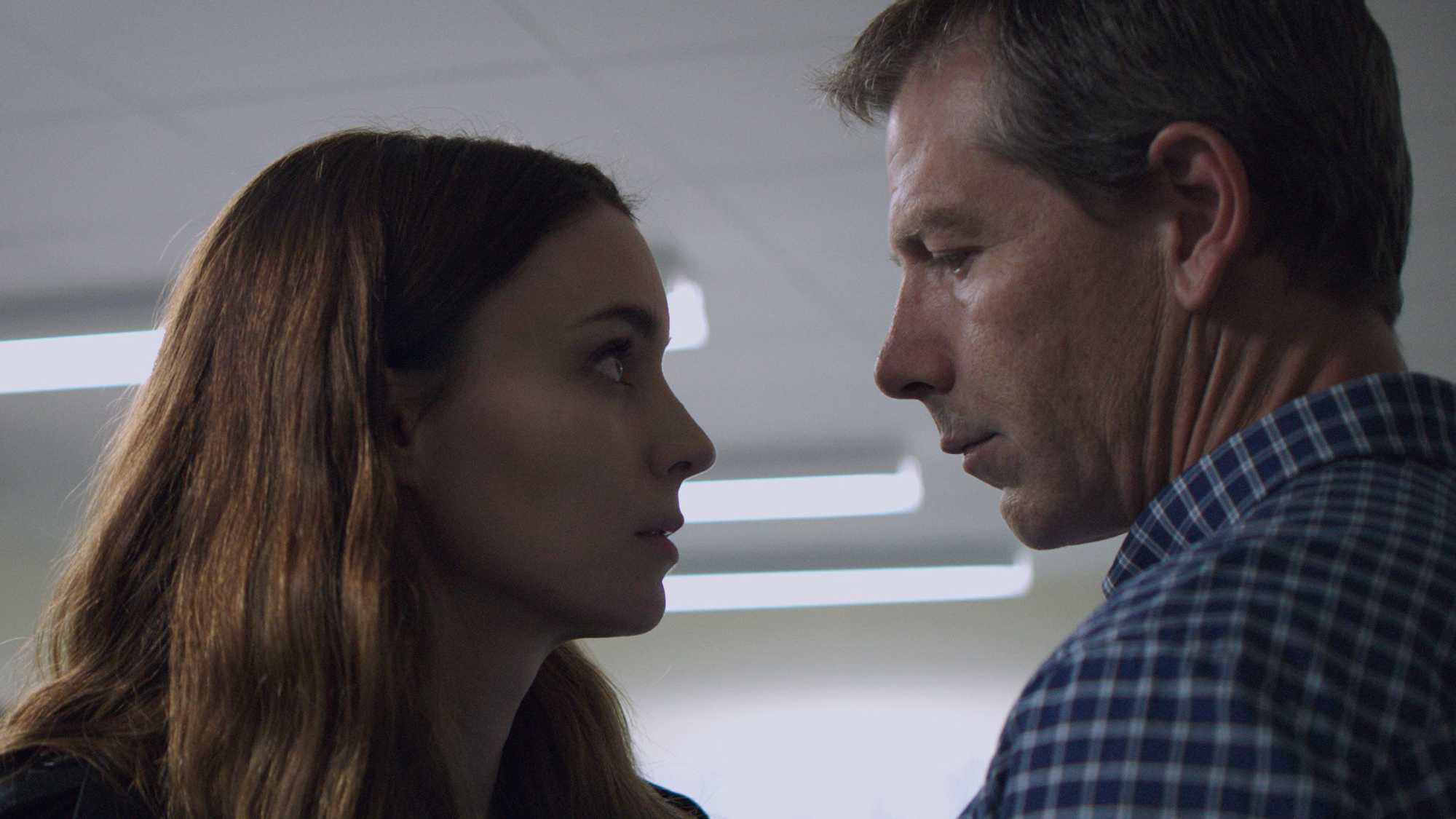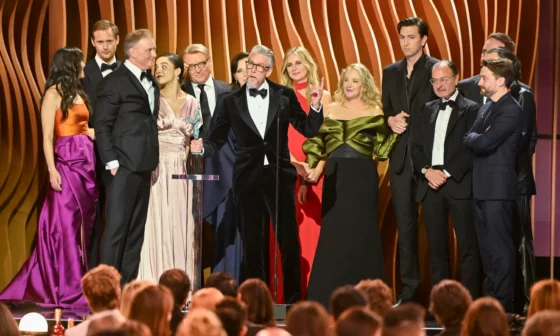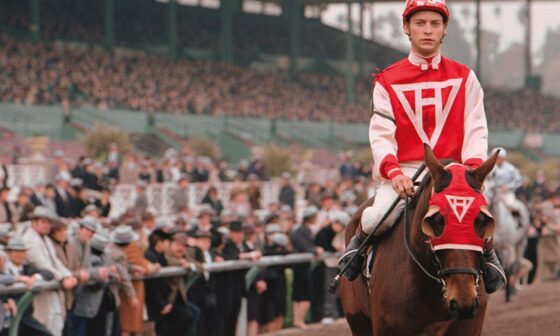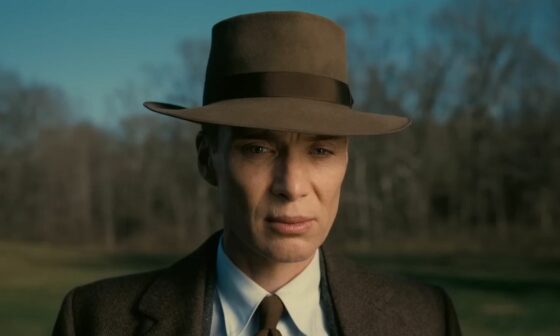
Una is a film that has its heart in the right place in attempting to tackle the very serious subject of sexual abuse, but while it attempts to weave its character arcs into a cohesive whole, its own form causes the film to fall apart.
The film follows Rooney Mara‘s titular character tracking down Ben Mendelsohn‘s Ray, the man that sexually abused her when she was 13. The film then attempts to examine both its lead characters and the lives they have lived in the 15 years since.
Mara as Una is unsurprisingly excellent, as she expertly handles the nuances of a sexual abuse survivor in her performance, and the film’s main flaw is perhaps that she doesn’t remain the sole focus of the film. As an audience, we sympathise with Una because we understand the horror she went through, but the film seems to think we’re as interested in a pedophile like Ray.
This is where the film gets into tricky territory. The film doesn’t necessarily ask us to sympathise with him as I initially worried early in the film, but the way it handles his character is problematic. He’s clearly a liar, attempting to convince himself and Una that what happened in the past was a one off mistake – that actually continued for three months – and pathetically trying to rationalise his behaviour.
The film wants us to see through his manipulations, but it doesn’t do itself any favours when it then shows flashbacks of the past details he’s describing. What this does is sort of confirm that what he’s saying, what he’s trying to rationalise, is true, since we earlier saw Una monologue over some flashbacks too.
The flashbacks are presented as objective truths rather than subjective memories, making Ray’s ridiculous claims that he was basically a victim in this whole thing hold too much weight.
Interestingly, the film is based on a play titled Blackbird, and likely didn’t contain these flashbacks, so they’re added to make the adaption feel more cinematic. But in doing so creates a murky moral area where I’m sure we’re absolutely supposed to hate Ray, but the way the film presents its information makes it seem like it’s trying to understand his side as well.
The film deserves praise for not simply using lazy exposition to explain that Ray is a monster – we clearly understand that – and also for attempting to keep the film nuanced as perhaps we the audience, like Una, start to get manipulated by Ray’s lies. But perhaps it could have done with a little extra bluntness in order to not feel like it is sympathising with a pedophile.
By focusing on Ray’s ‘plight’, the film inadvertently makes Una’s very real problems seem inferior, which is exacerbated by the completely tone deaf inclusion of a mini story involving Ray having to lay off some employees where he works. This is a story about sexual abuse that could have been powerful and enlightening, but is bogged down by its insistence on making its characters exist on an even playing field.
The whole focus should be on Una and nobody else, and by giving Ray his own ‘arc’, reducing Una’s story in the process, the film stumbles and falls.
It also doesn’t help that the film can’t shake the fact that it’s clearly adapted from a play. There’s a ton of monologuing that feels taken directly from the stage and not adapted to fit its new form, and both actors unnaturally pontificate and are forced to try and mould their long winded dialogue into something grounded and real, but the performance aspect never fully dissipates.
The performances are still good, but any cinematic adaptation of a play set in one room comes across this problem of unnatural conversations that never quite feel real. Mike Nichols‘ Who’s Afraid Of Virginia Woolf? is perhaps the best adaptation, mostly because it leaned into the performance that its characters were voluntarily partaking in.
Una struggles with that, aiming for grounded realism and sometimes getting it right, but not often enough, and never quite getting rid of its stage origins. This is director Benedict Andrews‘ directorial debut for the screen, having made his name as a theatre director, so it’s perhaps no surprise the film struggles to fit its new form.
Una certainly isn’t terrible, but it’s clearly an experience designed for the uncomfortable intimacy of the stage. Attempting to make it something a little grander on the screen only hurts the story, creating strange moral grey areas and an unintended message at odds with the gravely serious themes of the film.
Una is in UK cinemas now.
#Peace.Love.Una








